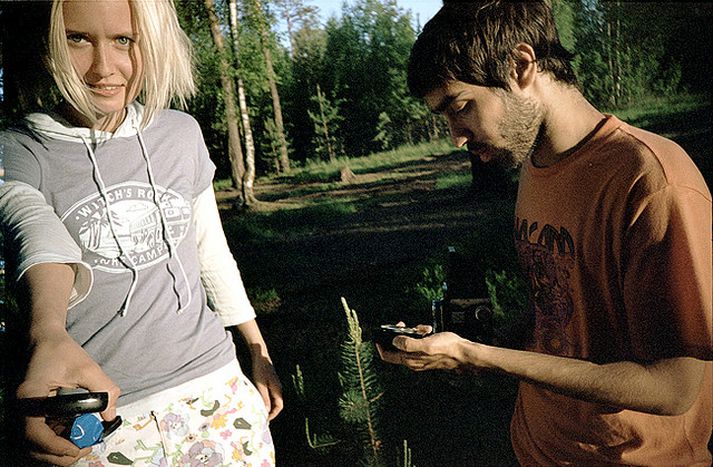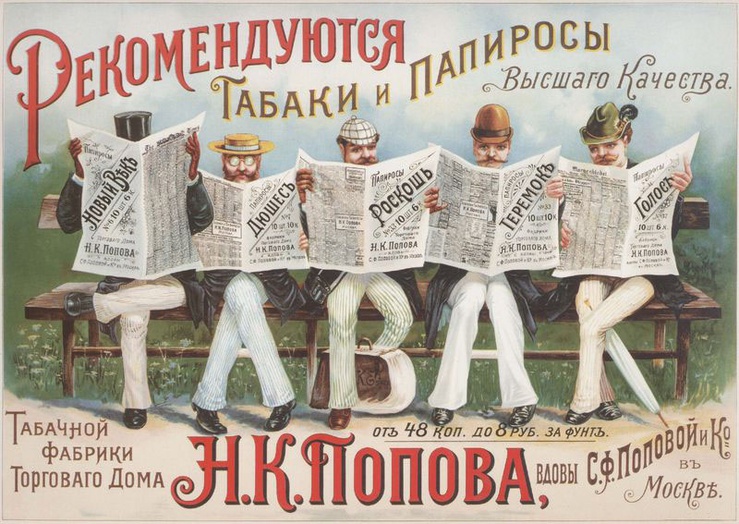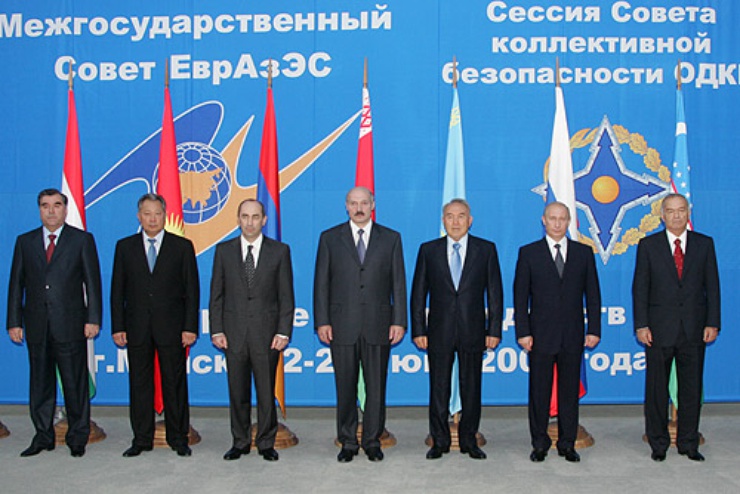
Dear granddad, for Christmas I'd like a Eurasian union
Published on
In October Russian prime minister Vladimir Putin proposed a 'Eurasian union' of former soviet nations that could be a major global player competing for influence with the US, the EU and Asia, creating instant headlines about the threat of Russian expansionism. Is Putin mastering geopolitics? Where are the limits of his modernisation strategy?
‘I cannot forecast to you the action of Russia. It is a riddle, wrapped in a mystery, inside an enigma; but perhaps there is a key. That key is Russian national interest' - Winston Churchill (1939)
As Putin never seems to get older and will remain a good-looking macho in his thirties forever, he couldn’t deny himself the pleasure of turning an Old Russia into a new Russia. With his official proposal for a Eurasian union, made up of Russia and its former satellites, some believe that Russia wants to turn back the clock, rebuild the soviet union, step away from president Dmitri Medvedev’s western friendly foreign policy or even create an era of a new cold war. Knowing Putin, there might just be such intentions behind his proposal. This is the opinion of Ukrainian journalist Vitalky Portnikov’s, who says that 'the idea of reunification of the post soviet space has been the ideology of the Russian elite since 1990’.

Young Russian hearts run free
However, the younger generation tends to disagree. 'Finally it’s happened!', says Ivan, 28. 'It is a 100% feasible project, which is historically grounded, relevant and economically necessary.' Admittedly, Putin’s potential comeback would refresh the strong and honest belief in a contingent Russian empire that Russian people are attached to and have grown up with. This is not so much about rebuilding the USSR: the generation of young Russians growing up do want to retain national pride but they could never live with the constraints that real communism would mean. This new generation needs freedom, democracy and an open economy. Russia’s young generation seem to feel that anything that moderates Russia’s centralised system but expresses national power is a good step.
Ever since the foundation of the European economic community (EEC) in 1956, its member states have been engaged in building up their own competitive market. They paid little or no attention to the Eurasian territory as such. They did recognise the USA on one side, China on the other and made note of Russia but they assumed that states such as Belarus, Kazakhstan and the other ex-soviet countries would not exist. Consequently, there is no efficient western strategy towards this region. However, this supercontinent shouldn’t be underestimated. The Eurasian economic community (EurAsEC) was established in 2000 between Russia, Belarus, Kazakhstan, Kyrgyzstan, cand Uzbekistan, ensuring their freedom of movement. Ukraine – which often acts as a buffer zone between the EU and Russia – currently only has an observer status, though the success of the Eurasian union might well be in Viktor Yanukovych’s hand.

The Eurasian union initiates a new period of integration; Russia is not aiming to turn back time, but keeps changing and adapting to a new world system called regionalism. So why the anxiety? 'Russia is too big to be a subordinated member of any integration. It is for its own benefit to create one,' says Niko, 27, from Belarus. The idea of a Eurasian union was not built in a day; it has its history and has been developing for a long time. Perhaps it did not have an official name until now, but the principle was there. It seems that Putin, the early (but easy) favourite in the presidential elections in March 2012, is once again ahead of some.
Images: main (cc) KOTOB/ Vitaliy Kotov/ Flickr/ enot-potaskun.livejournal.com/; in-text EurAsEC representatives (cc) Minsk, National Library of Belarus/ Presidential Press and Information Office/ Wikimedia



